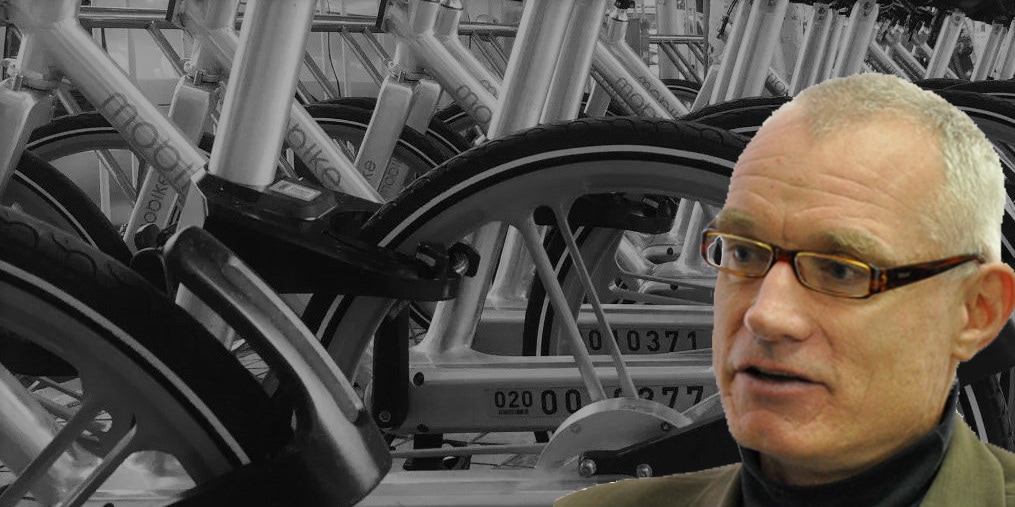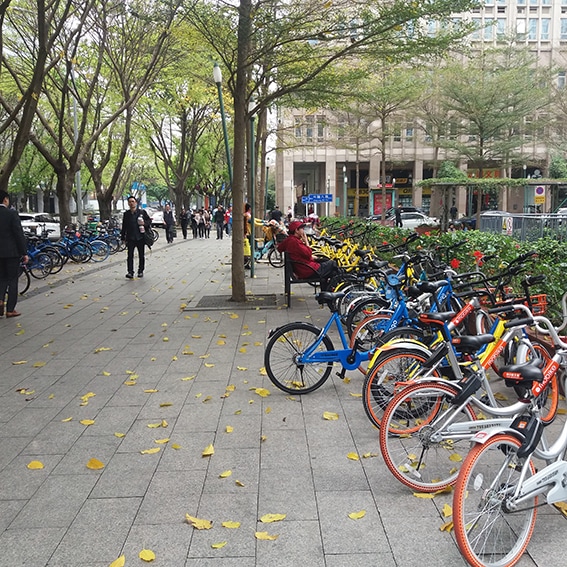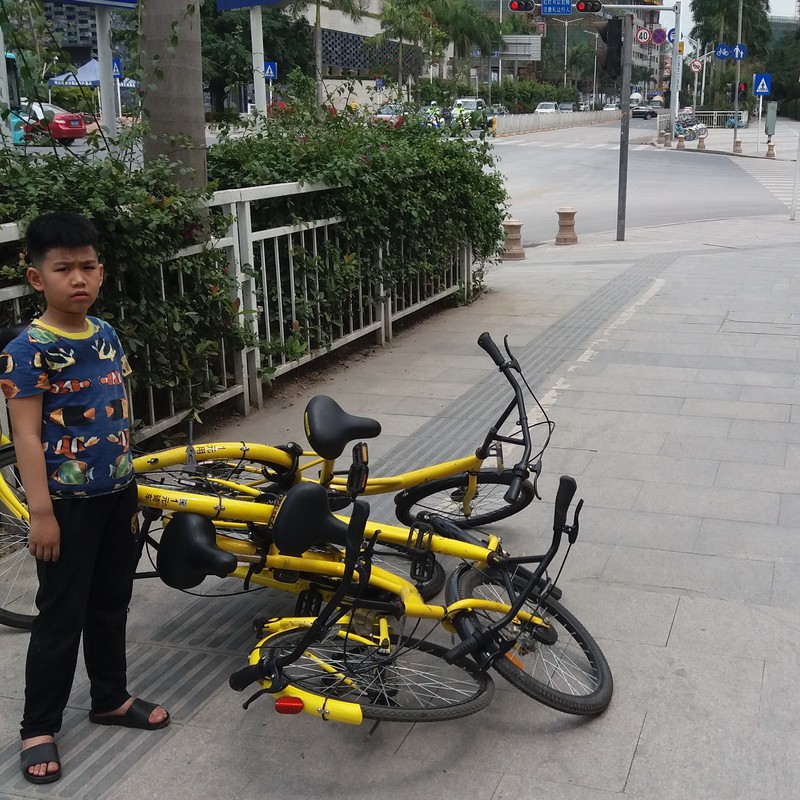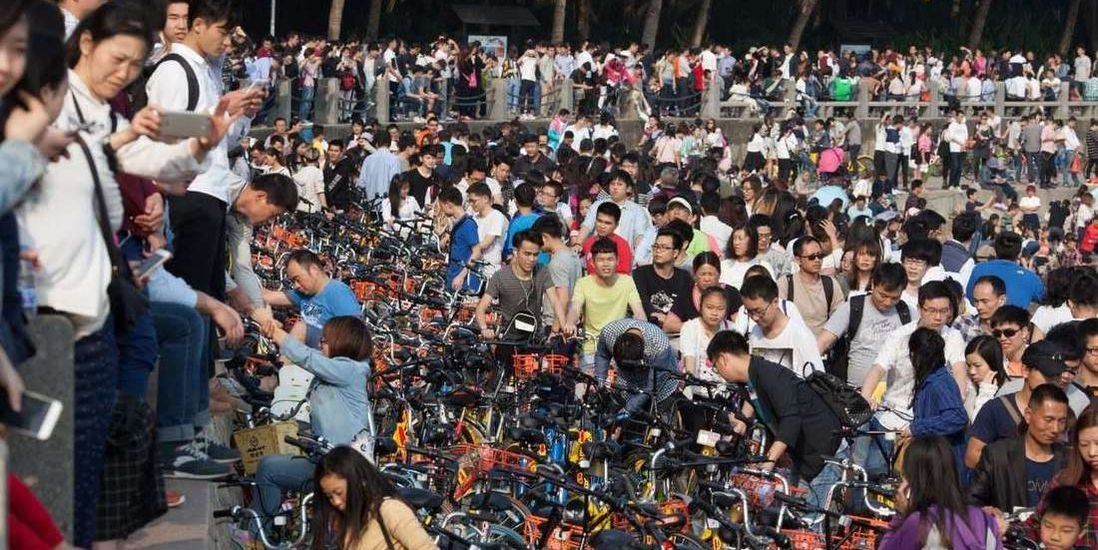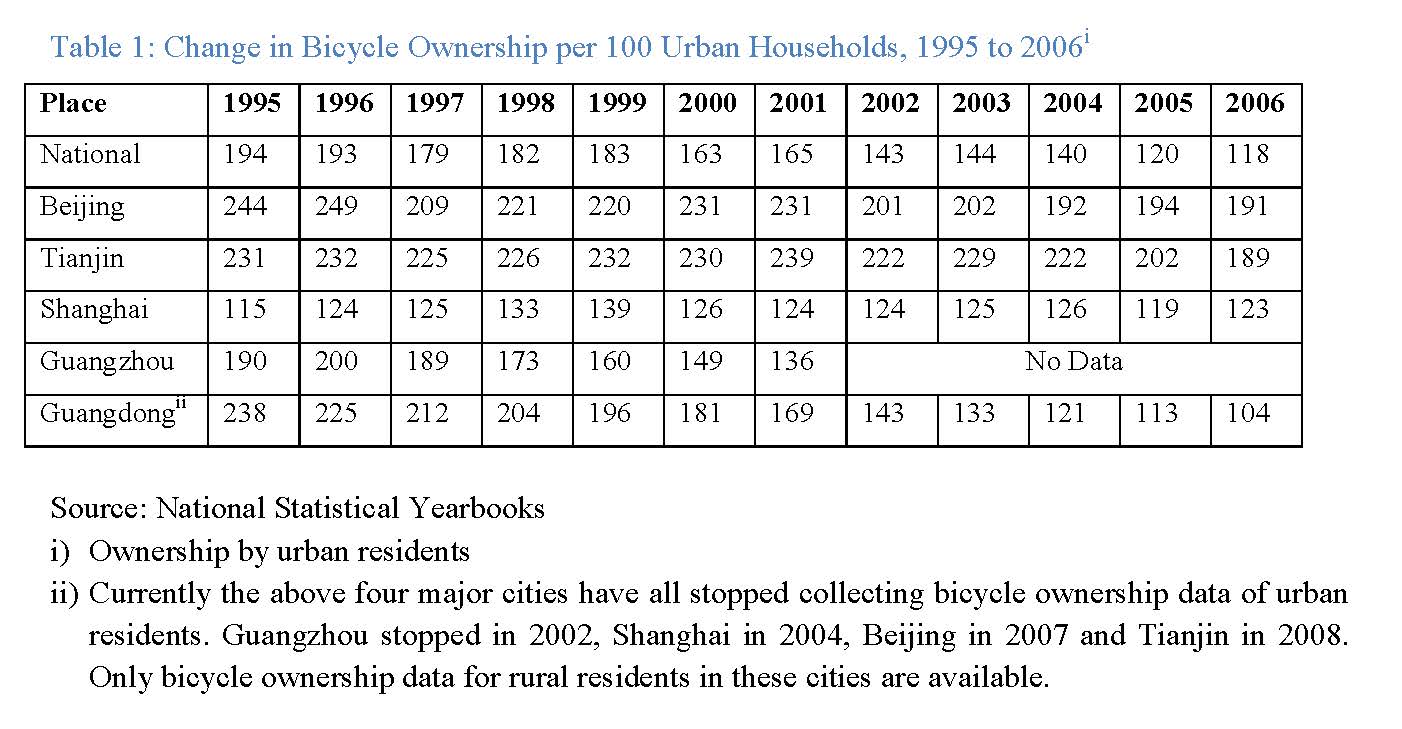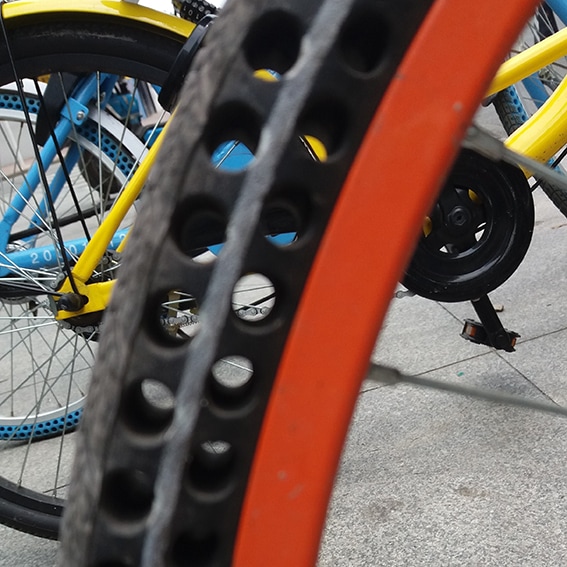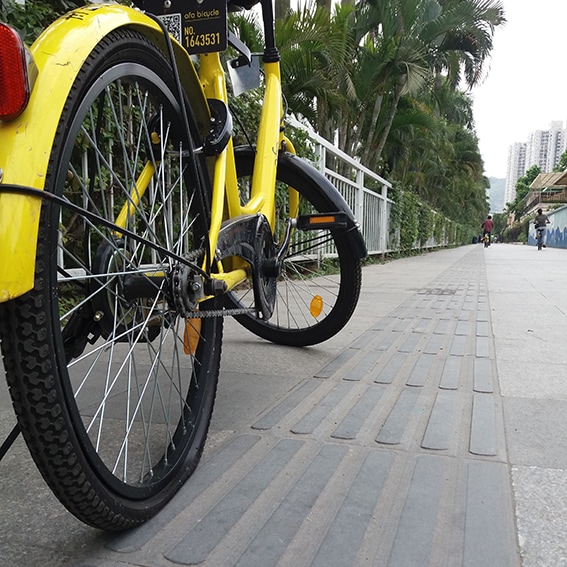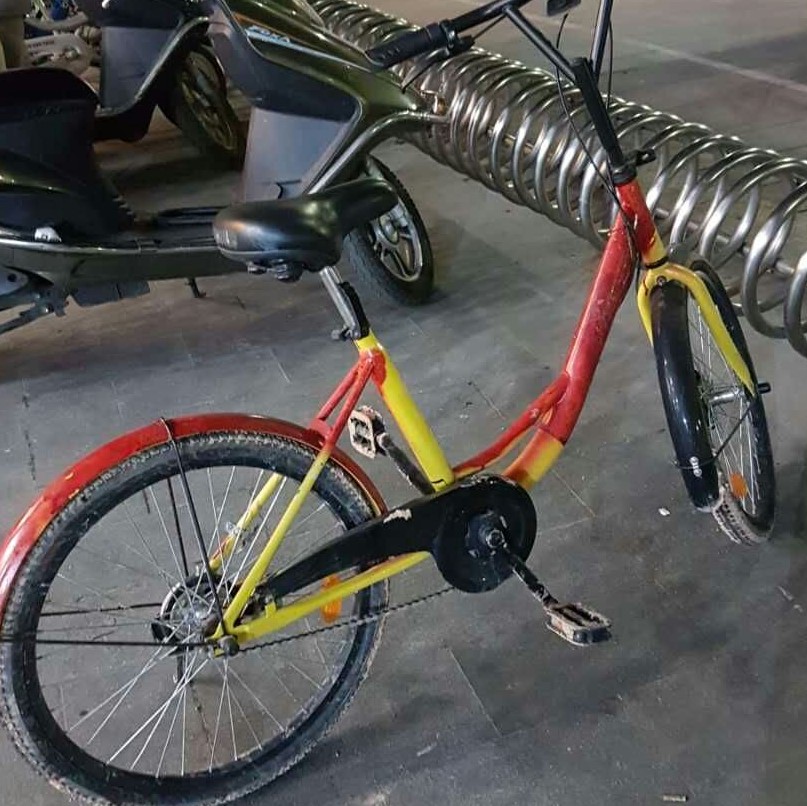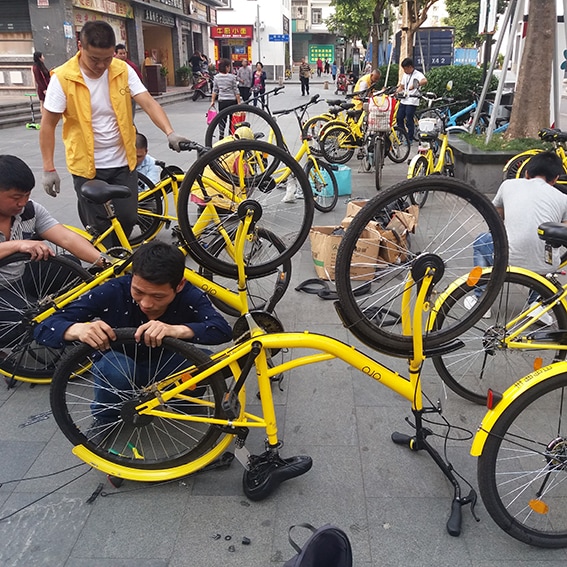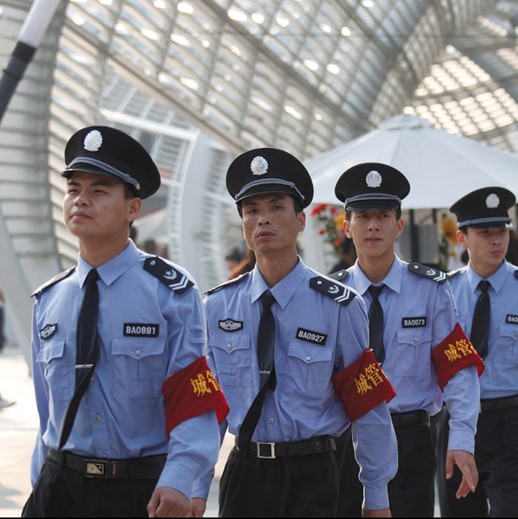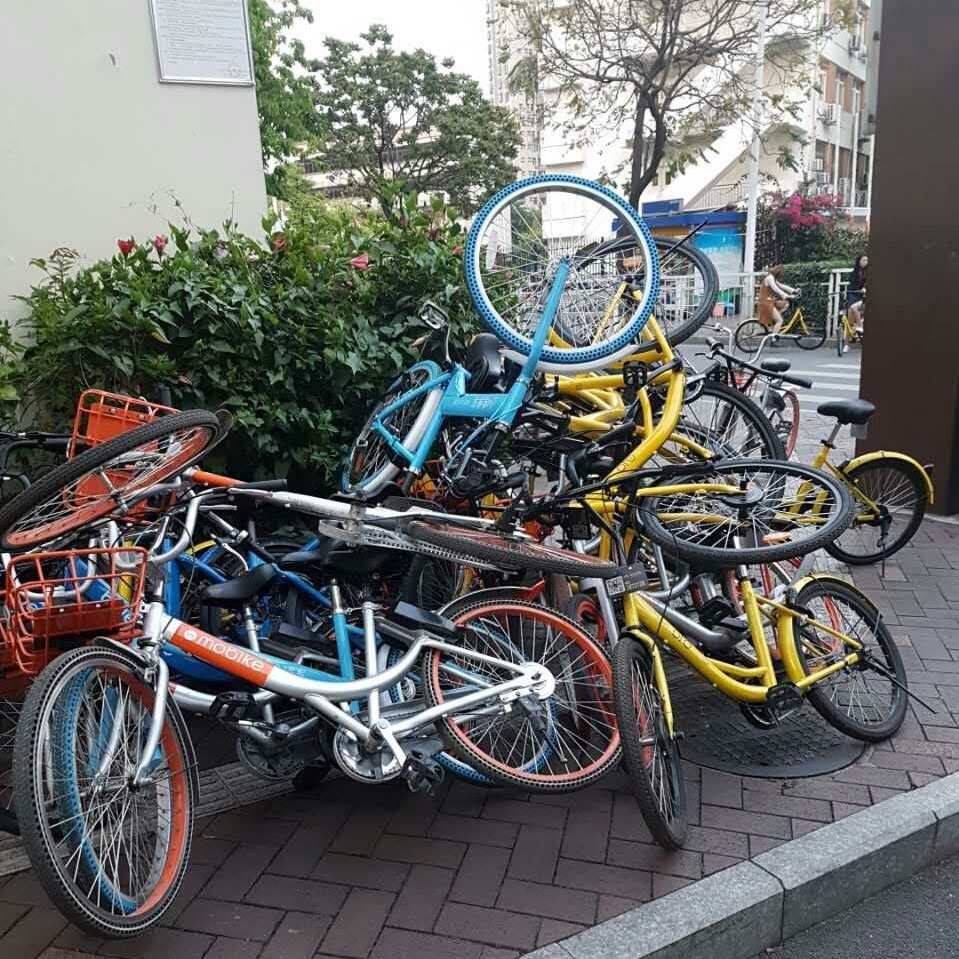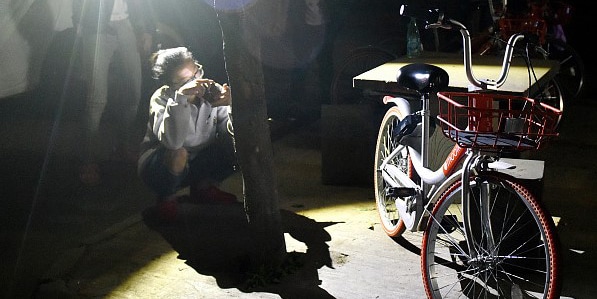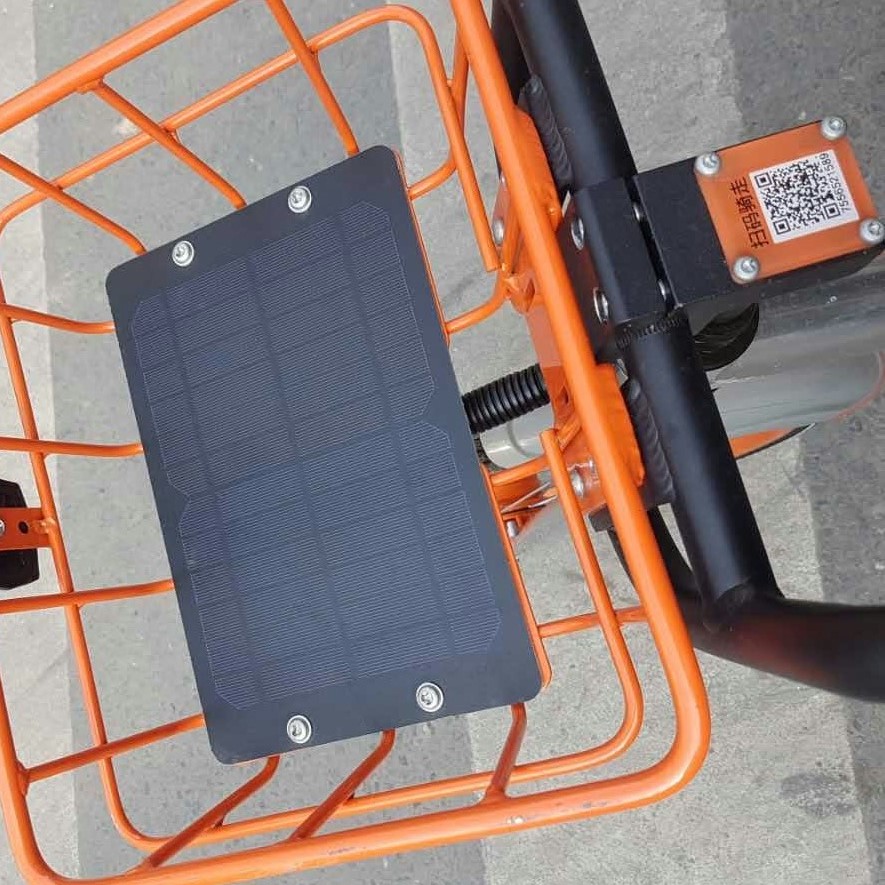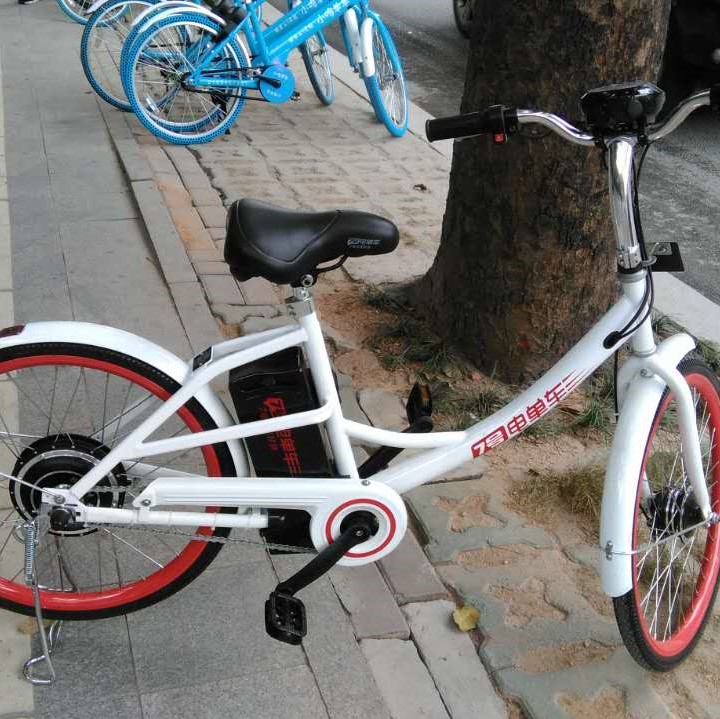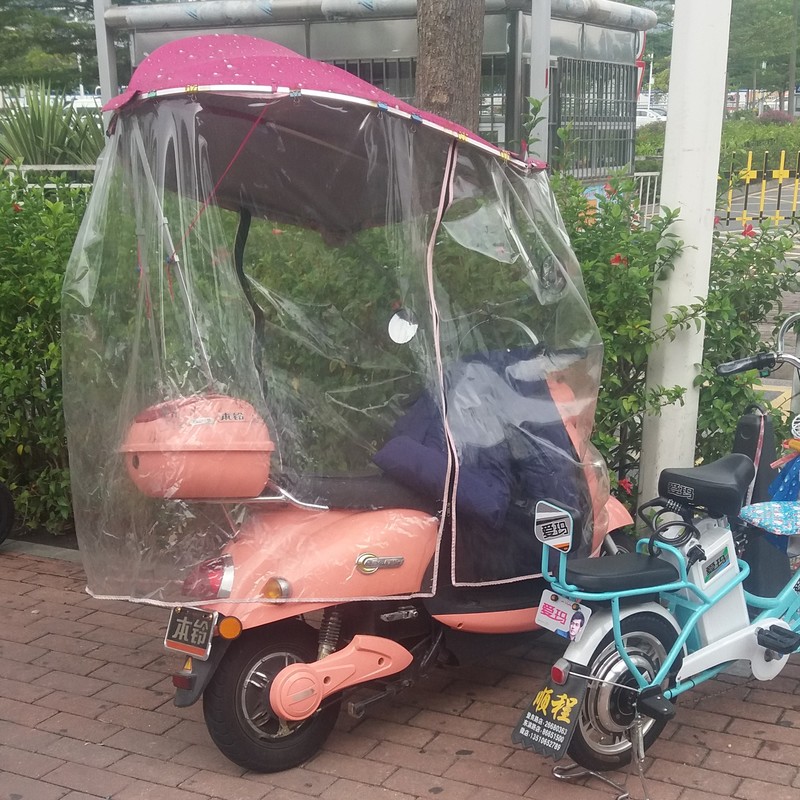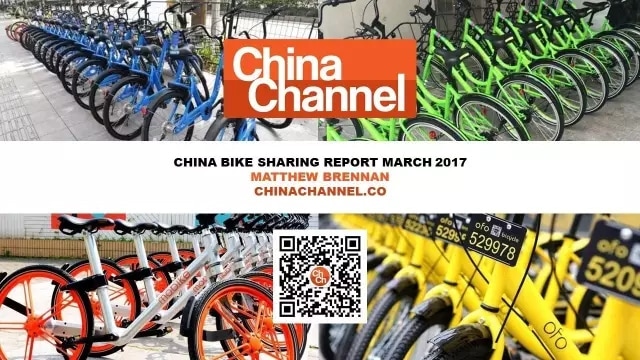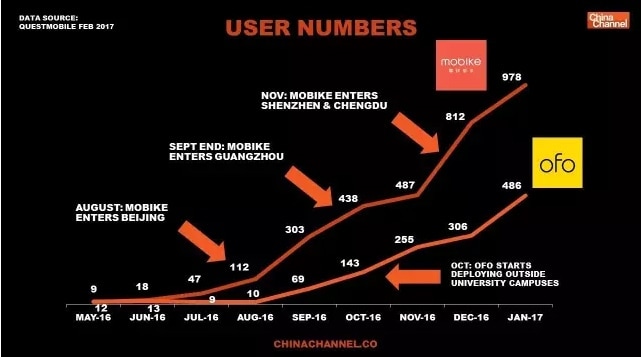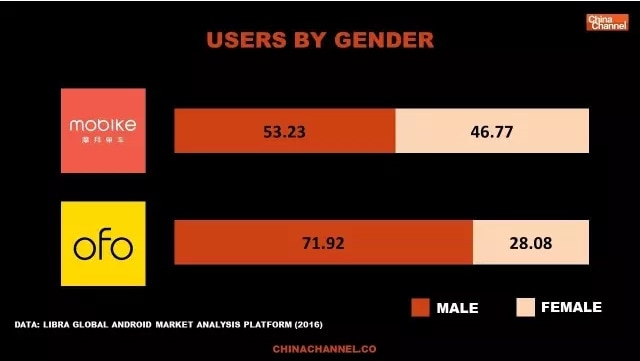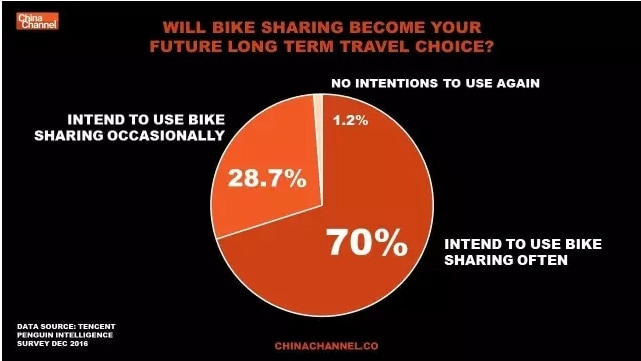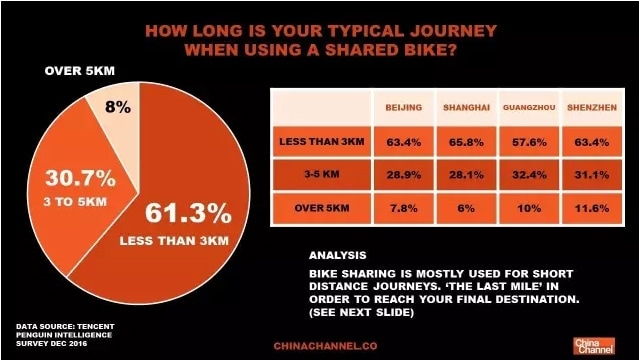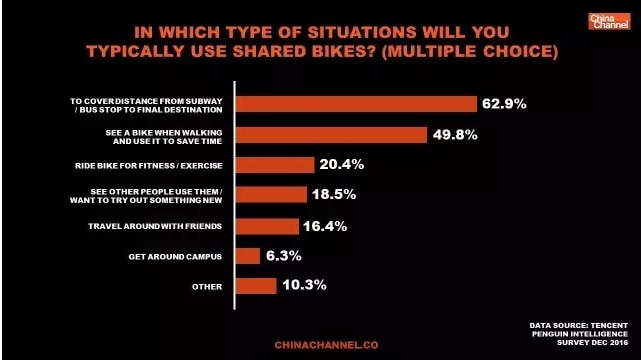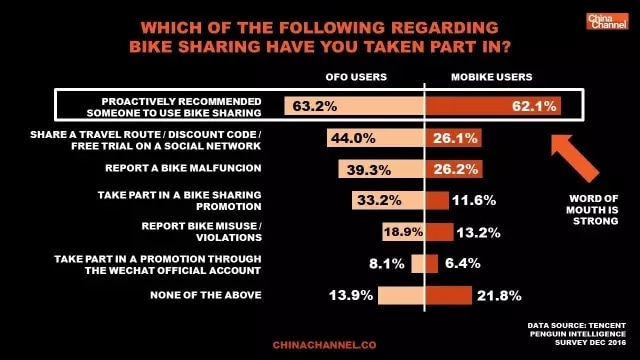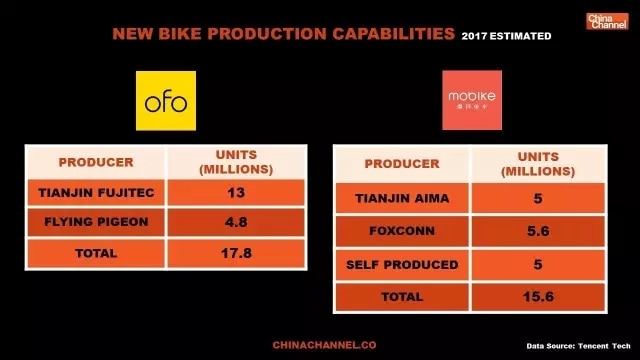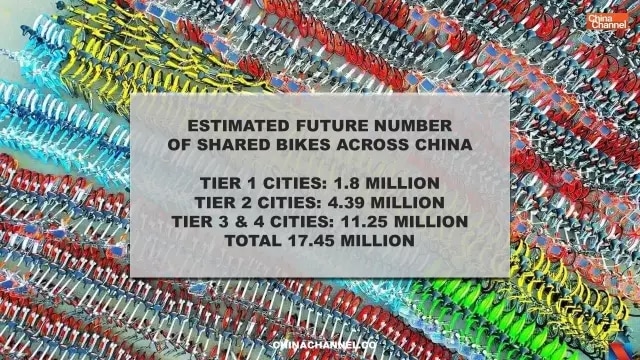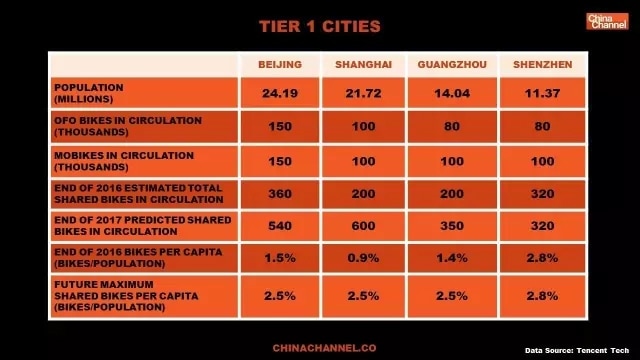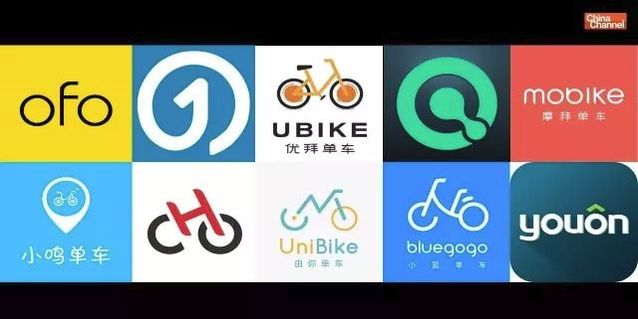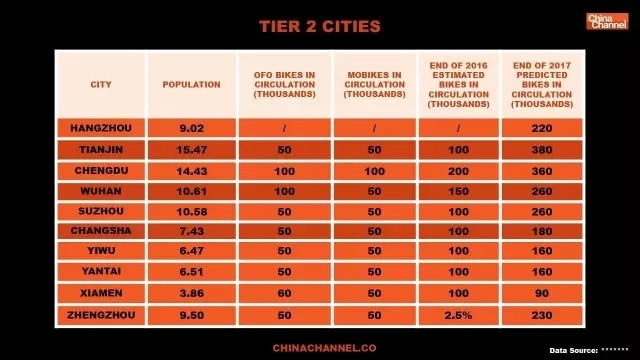|
Share and Share Alike
11/04/2017
barrysays
The bike sharing phenomenon rising across China has illustrated the power of new technology to effectively address long standing transport problems. As China’s lack of a regulated environment, willingness to pioneer new innovation and tolerant society make it the perfect base for large scale change, the resulting temporary chaos can deemed acceptable as cities become real life testbeds to an urban transport revolution.
Salon: Public Bikes, Problem or Solution?
News: Mobike Wheeled Out in Shenzhen Barry Says: Wars of the Road Barry Says: Change Is Coming...Too Fast Or Not Fast Enough? IT HAPPENED ONE NIGHT
HOW MANY BIKES DOES A CITY NEED?
Jiang Yuxiang, 35, a bicycle hunter in Shenzhen, manages to devote at least one hour a day to hunting down illegally parking bicycles. "The hunting atmosphere in Guangdong is quite hot. Maybe this is because we have long been influenced by police and gangster movies made in Hong Kong,"
PREPARING FOR A NEW TOMORROW
Barry Wilson is a Landscape Architect, urbanist and university lecturer. His practice, Barry Wilson Project Initiatives, has been tackling urbanisation issues in Hong Kong and China for over 20 years. (www.initiatives.com.hk).
2017/03/08
A Bridge Too Far? 2016/12/07 No Stopping Rapid Change 2016/10/27 Wars of the Road 2016/08/26 When Fantasy Becomes Reality |
Mobike users start with 100 credit points. Every ride they make earns them a point. Reporting a bike that is damaged or improperly parked earns them a point too.
On the other hand, those who park Mobikes in a compound are slapped with a 20-point penalty. Riders who use their private locks on the bikes have their credit reduced to zero immediately, which results in their accounts being frozen. Reference:
[1] http://www.chinadaily.com.cn/china/2017-04/07/content_28836125.htm [2] China Statistics Yearbooks [3] https://www.thechinastory.org/yearbooks/yearbook-2013/chapter-5-building-civilised-cities/shenzhens-civility-law/ |
Services |

